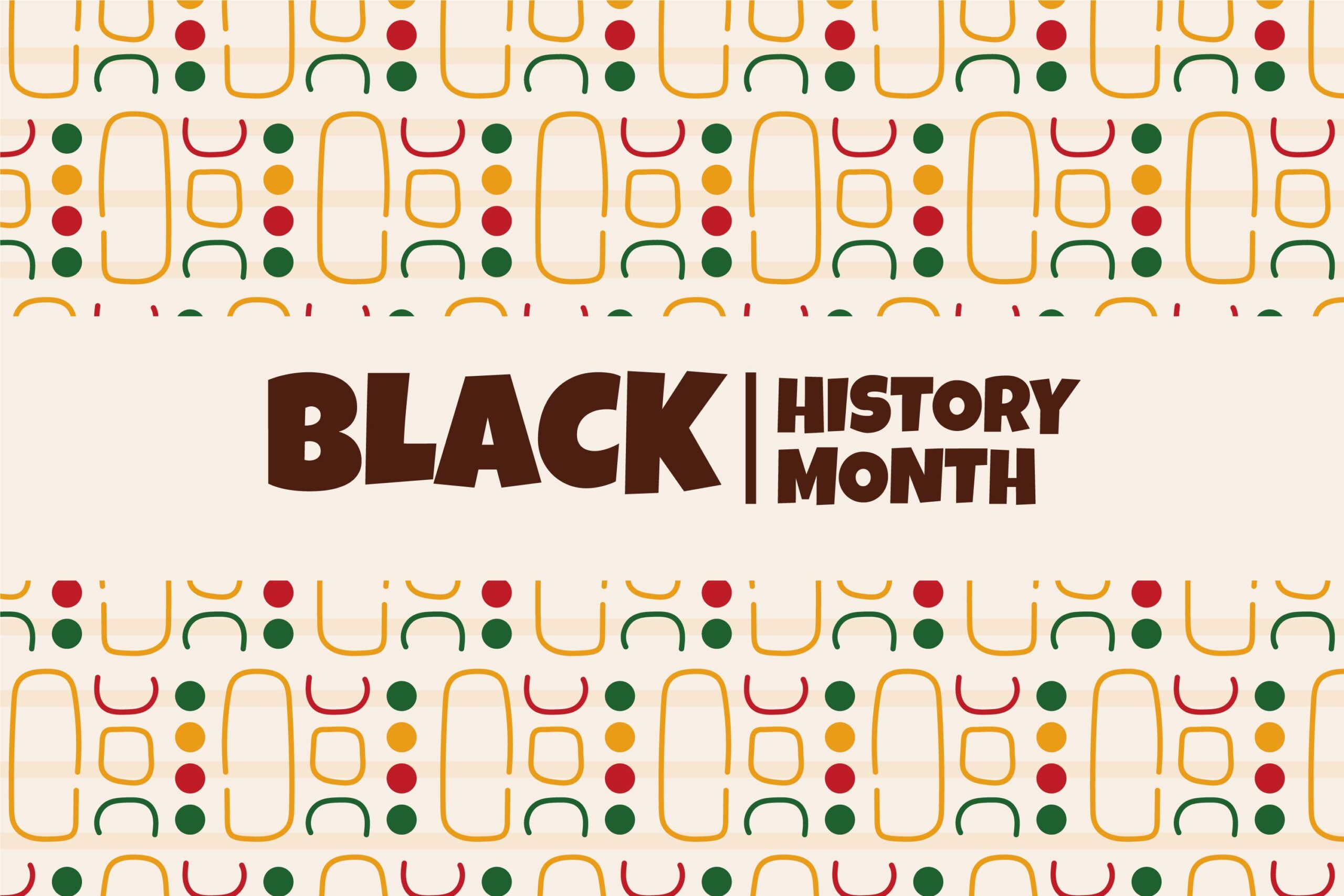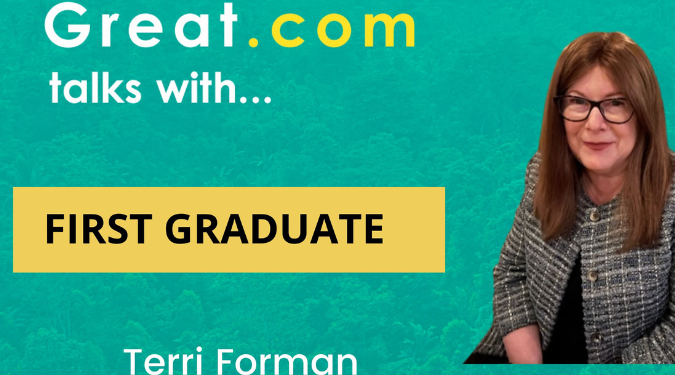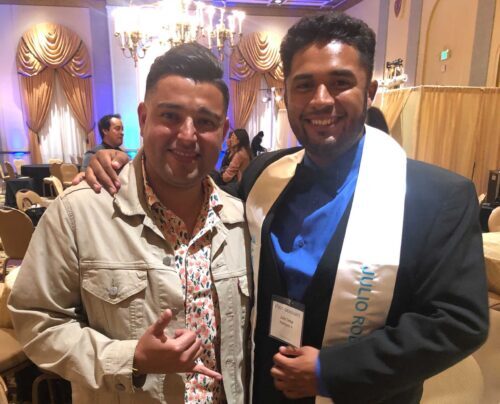
Black History Month 2023
First Graduate® has helped more than 600 students in San Francisco to access college, with 75% of applicants graduating within six years.
 In February, our First Graduate® students at James Denman Middle School were joined by Rachel Itwaru for our monthly First Gen Speaker Series. Rachel is a business analyst at Salesforce.org, a self-funded social enterprise that provides technology solutions to social-impact organizations. Rachel spoke to our students about her family’s background and challenges, her pathway to college, and her passion for the work she does now. After the presentation, First Graduate® advisor Meg Ramey interviewed Rachel about her story.
In February, our First Graduate® students at James Denman Middle School were joined by Rachel Itwaru for our monthly First Gen Speaker Series. Rachel is a business analyst at Salesforce.org, a self-funded social enterprise that provides technology solutions to social-impact organizations. Rachel spoke to our students about her family’s background and challenges, her pathway to college, and her passion for the work she does now. After the presentation, First Graduate® advisor Meg Ramey interviewed Rachel about her story.
First Graduate® has helped more than 600 students in San Francisco to access college, with 75% of applicants graduating within six years.

First Graduate® has helped more than 600 students in San Francisco to access college, with 75% of applicants graduating within six years.

Alex grew up in a struggling San Francisco community. His school had poor test scores, and Alex and the other students had to deal with racism even within the school community.